-

by Alana Mohamed
In Two Plays, Alekar’s sense of whimsy, bolstered by the translator’s ear for colloquialism, becomes an antidote to the intellectually stifling nature of the modern world.
Two Plays – Satish Alekar
In Two Plays, Alekar’s sense of whimsy, bolstered by the translator’s ear for colloquialism, becomes an antidote to the intellectually stifling nature of the modern world.
-

by Libby O'Neil
Ghan weaves together technical jargon and strikingly erotic organic language to depict the cyborg post-human as it goes forth and multiplies.
The Years Shall Run Like Rabbits – Ben Berman Ghan
Ghan weaves together technical jargon and strikingly erotic organic language to depict the cyborg post-human as it goes forth and multiplies.
-

w/ Michael Colbert
How much weirdness is acceptable and what becomes gross or nauseating? What is the limit? I find it interesting for the body too. . . What’s the limit of grossing out a reader and having someone stay with a story?
Marissa Higgins
How much weirdness is acceptable and what becomes gross or nauseating? What is the limit? I find it interesting for the body too. . . What’s the limit of grossing out a reader and having someone stay with a story?
-

by McKenzie Watson-Fore
Each essay in the book reprises the site’s founding intention: to create the very space one desires and to invite others into dialogue while doing so.
The Weird Sister Collection: Writing at the Intersections of Feminism, Literature, and Pop Culture
Each essay in the book reprises the site’s founding intention: to create the very space one desires and to invite others into dialogue while doing so.
-

by Alana Mohamed
In Two Plays, Alekar’s sense of whimsy, bolstered by the translator’s ear for colloquialism, becomes an antidote to the intellectually stifling nature of the modern world.
Two Plays – Satish Alekar
In Two Plays, Alekar’s sense of whimsy, bolstered by the translator’s ear for colloquialism, becomes an antidote to the intellectually stifling nature of the modern world.
-

by Libby O'Neil
Ghan weaves together technical jargon and strikingly erotic organic language to depict the cyborg post-human as it goes forth and multiplies.
The Years Shall Run Like Rabbits – Ben Berman Ghan
Ghan weaves together technical jargon and strikingly erotic organic language to depict the cyborg post-human as it goes forth and multiplies.
-

by McKenzie Watson-Fore
Each essay in the book reprises the site’s founding intention: to create the very space one desires and to invite others into dialogue while doing so.
The Weird Sister Collection: Writing at the Intersections of Feminism, Literature, and Pop Culture
Each essay in the book reprises the site’s founding intention: to create the very space one desires and to invite others into dialogue while doing so.
-
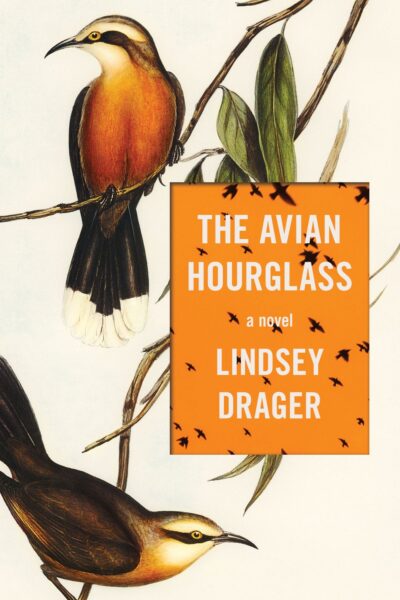
by Elizabeth McNeill
One could say that crisis compels us to look up, beyond ourselves. And birds allow us to delight in the altitude while staying rooted to the ground.
The Avian Hourglass – Lindsey Drager
One could say that crisis compels us to look up, beyond ourselves. And birds allow us to delight in the altitude while staying rooted to the ground.
-

w/ Michael Colbert
How much weirdness is acceptable and what becomes gross or nauseating? What is the limit? I find it interesting for the body too. . . What’s the limit of grossing out a reader and having someone stay with a story?
Marissa Higgins
How much weirdness is acceptable and what becomes gross or nauseating? What is the limit? I find it interesting for the body too. . . What’s the limit of grossing out a reader and having someone stay with a story?
-

w/ Meghana Kandlur
Our sense of genre has evolved so intensely that you can use them quite quickly to bring in other ideas or ideas that we might not expect from a detective story or an action scene. That disjuncture or that conflict can be interesting and comical.
Eugene Lim
Our sense of genre has evolved so intensely that you can use them quite quickly to bring in other ideas or ideas that we might not expect from a detective story or an action scene. That disjuncture or that conflict can be interesting and comical.
-
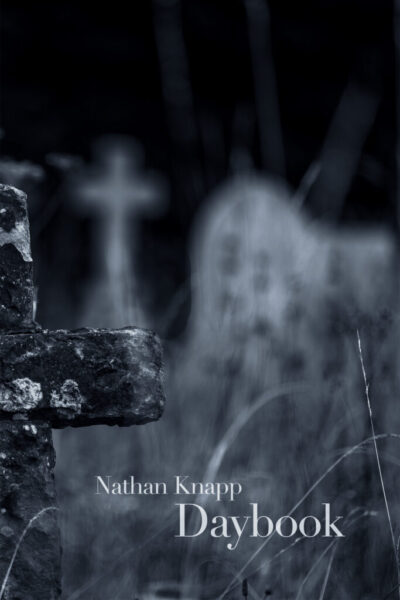
w/ Jason Christian
Whenever I’m beginning something new . . . I’m always looking for a constraint of some kind. Some kind of blueprint inside the work that tells me how it works.
Nathan Knapp
Whenever I’m beginning something new . . . I’m always looking for a constraint of some kind. Some kind of blueprint inside the work that tells me how it works.
-

w/ McKenzie Watson-Fore
The idea that I would have to be silent about an experience that I had because it would make other people feel uncomfortable . . . just felt obscene at a certain point.
Margo Steines
The idea that I would have to be silent about an experience that I had because it would make other people feel uncomfortable . . . just felt obscene at a certain point.
-

by Paul Morton
The word “classic” once had a very specific meaning, namely a text written in Greek and Latin during the era of antiquity.
“This Generation’s Homer”: How Penguin Has Changed Marvel Comics
The word “classic” once had a very specific meaning, namely a text written in Greek and Latin during the era of antiquity.
-

by Shane Burley
With a figure as important to the American far-right as Gottfried, what excuse is there to lend him the veneer of academic legitimacy and to suggest his views have merit in scholarship?
Paul Gottfried’s Career Smuggling Fascist Politics into the Academic Canon
With a figure as important to the American far-right as Gottfried, what excuse is there to lend him the veneer of academic legitimacy and to suggest his views have merit in scholarship?
-

by Emma Davey
On her own, Converse created great and complex work, but what might the canon look like today if she found an audience in her lifetime? If she created in communion with other great art?
The Literary Life of Connie Converse
On her own, Converse created great and complex work, but what might the canon look like today if she found an audience in her lifetime? If she created in communion with other great art?
-
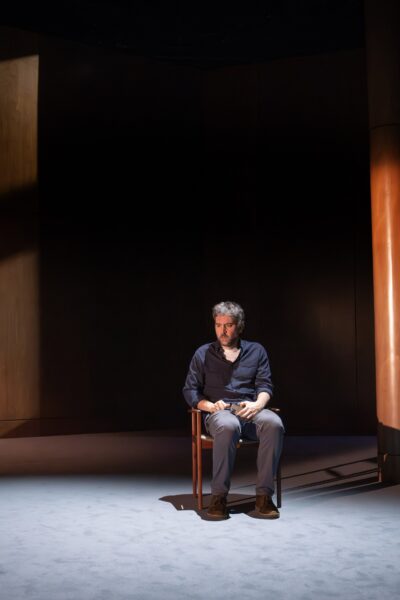
by Leora Fridman
Our complicity in capitalist transactions does not have to prevent us from learning together . . . We can let go of the increasingly stale idea that the classroom or campus is ever a pristinely objective or neutral space.
You Barely Even Work Here: On Higher Education and the Myths of Neutrality
Our complicity in capitalist transactions does not have to prevent us from learning together . . . We can let go of the increasingly stale idea that the classroom or campus is ever a pristinely objective or neutral space.
-
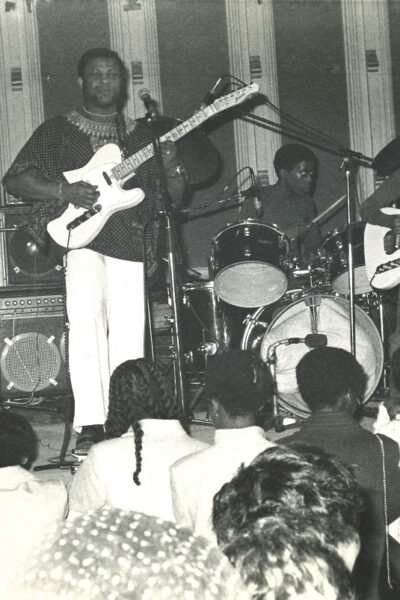
by Michael Schapira
The following playlist is humbly submitted for your listening pleasure from Full Stop, your full service literary journal. We used to invoke the immortal and ominous words of Prince Buster, “Enjoy yourself, it’s later than you think,” but having recently moved to Scotland I’ll invoke the immortal and precise words of Linton Kwesi Johnson, “Inglan is a bitch, […]
20 4 420: Irie Edition
The following playlist is humbly submitted for your listening pleasure from Full Stop, your full service literary journal. We used to invoke the immortal and ominous words of Prince Buster, “Enjoy yourself, it’s later than you think,” but having recently moved to Scotland I’ll invoke the immortal and precise words of Linton Kwesi Johnson, “Inglan is a bitch, […]
-
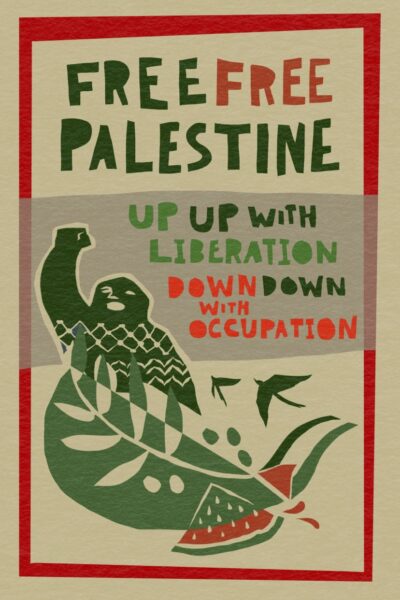
by The Editors
Full Stop stands proudly in solidarity with the people of occupied Palestine in committing to the Palestinian Campaign for the Academic and Cultural Boycott of Israel (PACBI) guidelines.
Full Stop and PACBI
Full Stop stands proudly in solidarity with the people of occupied Palestine in committing to the Palestinian Campaign for the Academic and Cultural Boycott of Israel (PACBI) guidelines.
-
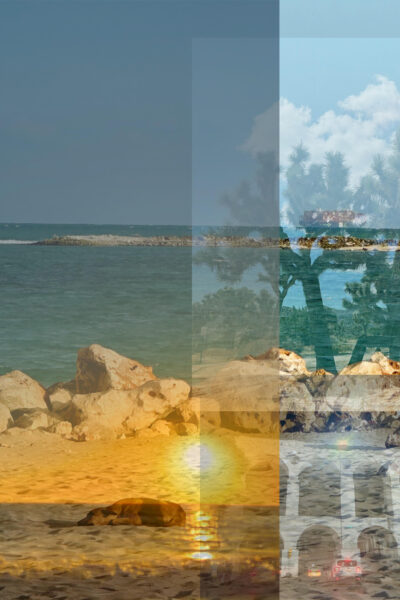
by The Editors
[This issue aims] to explore how the intersection of language, queerness, and shifting dynamics of racialization and belonging can help generate language to define oneself and to approach literary and arts criticism without centering Global North, white, male, cis-hetero standpoints.
Call for Pitches
[This issue aims] to explore how the intersection of language, queerness, and shifting dynamics of racialization and belonging can help generate language to define oneself and to approach literary and arts criticism without centering Global North, white, male, cis-hetero standpoints.
-
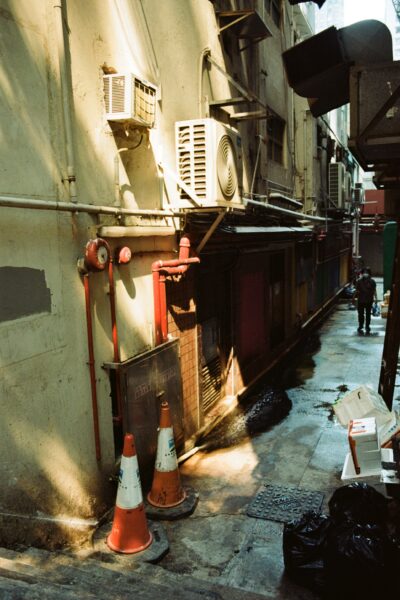
by The Editors
What are the commonalities or differences of writing urban dis(-)appearance across continents, or in the same city across disparate works of literature?
How does literature counter brutality? Does an ideal utopian city exist across the trenches of global writing?Call for Submissions
What are the commonalities or differences of writing urban dis(-)appearance across continents, or in the same city across disparate works of literature?
How does literature counter brutality? Does an ideal utopian city exist across the trenches of global writing?


